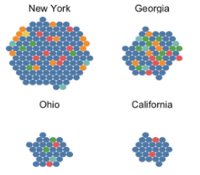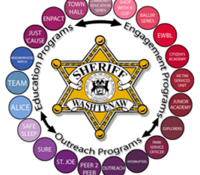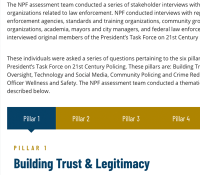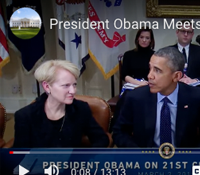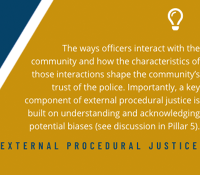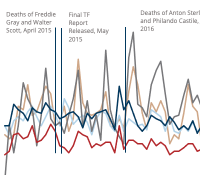21st Century Policing Task Force Report
The First Five Years
In the wake of 2014 police use-of-force incidents in Ferguson, Cleveland, and Staten Island, the President’s Task Force on 21st Century Policing was established to examine issues around community policing. Findings and recommendations, focused on strengthening public trust while improving public safety, were presented in a final report. This assessment examined the Report’s reach and impact in the five years following the publication’s release.
